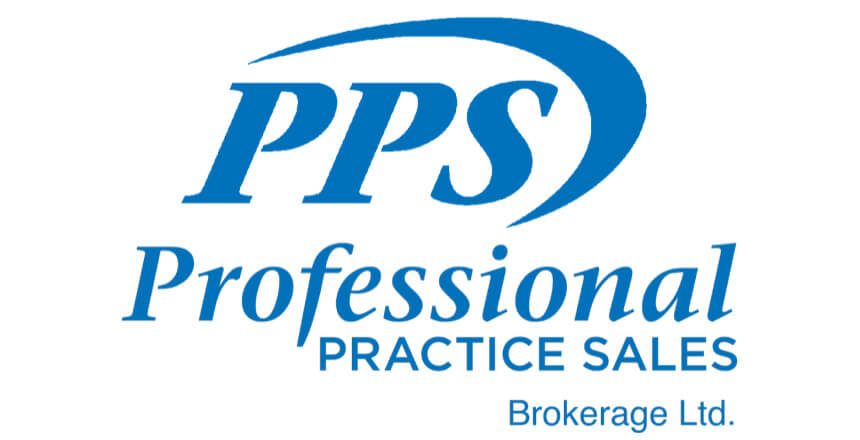
The transition from being an owner of a dental practice to being an associate in that same practice can be a very smooth and rewarding time in a dentist’s life. Smart buyers know that the goodwill they are purchasing, which forms a significant part of the purchase price, is transferred more effectively if the seller stays on for a while. Both buyers and sellers of dental practices find this time somewhat challenging as the roles of each are changing dramatically.
In order to enjoy a productive and successful mentor/mentee relationship, the buyer and seller must share similar philosophies of dentistry and practice management. They should have similar treatment philosophies and be open to considering the other’s ideas. This can create issues as dentistry is a very opinion based profession. If both buyer and seller are like-minded these differences of opinion will be relatively minor and the relationship will flourish. This becomes a problem when we have a “square peg/round hole” scenario. This does not bode well for a productive relationship and has the potential for extreme goodwill erosion in a short period of time. Buyers must make an honest assessment of their philosophy and goals and establish that these goals are congruent with the seller prior to entering into the arrangement.
Once the seller has determined that he or she wants to sell the dental practice, the next question is, “do I want to stay on”? If not, then a simple transfer of ownership takes place, you leave one day, and the buyer starts the next. When done properly this method is perfectly acceptable to many buyers and sellers and can work very well. If however you do wish to stay and the practice is large enough to support both of you for a transition period, then the next question is, “can I give up control”? Most dentists have a more difficult time with this. They are used to running the show, making all the decisions and not answering to anyone, except their spouse! I was recently involved in a sale where the vendor is staying on with a reduced schedule for at least a year. Here is an excerpt from an e-mail he wrote to the buyer just prior to closing, “We are anxious to make your transition in the office as easy as possible. More importantly, I want to introduce you to the staff and then you and I need to sit down and discuss scheduling, logistics for introducing you, web site stuff, etc. Lots to go over and perhaps you will allow me to help you through these things. It won’t be easy for me to give up the reins, but I promise to work for you and not direct you.” This is an example of a seller who understands that his role is changing and who is willing to help the buyer assimilate into the practice and effectively transfer the goodwill. The buyer of this practice will enjoy a smooth transition with a mentor who will support and encourage her throughout the transition.
The situations that don’t seem to work as smoothly are those where the buyer comes in and exerts authority over the practice in a strong and forceful way. I have witnessed situations where buyers come in and terminate employees, change the equipment and re- do the leaseholds, add digital x-rays and go paperless all in very short period of time. While this may be a reasonable long term strategy, it is very disruptive to the staff in the office, concerning to the previous owner, and most importantly confusing for the patients. In the end, the result is inevitable tension between the buyer and seller which will cause the seller to leave. Then the remaining staff leave and ultimately a lot of patients leave too. The goodwill was eroded unnecessarily. The changes that were implemented should have taken place over a much longer period of time, not in the first few weeks. Clearly, this buyer did not want to be a mentee and would have been better buying a practice where the seller wanted to leave on closing.
The mentor is an important role in dentistry as it is in other aspects of life. I am fortunate to have had a few very good mentors in my life; my Dad, Tom Allen, and most recently, Graham Tuck. Sadly, Graham recently passed away very suddenly of a heart attack at 71. Many of the long time readers of the Professional Advisory will remember Graham. He was a founding member of the PA and was the founder of Professional Practice Sales. I was fortunate to have known him and to have called him a friend and mentor. He was a true gentleman who conducted himself with integrity and honesty. We had a very successful mentor/mentee relationship where I learned an immense amount from him and he was able to transition into retirement smoothly. My sympathy is with his wife Val, and his loved ones.

